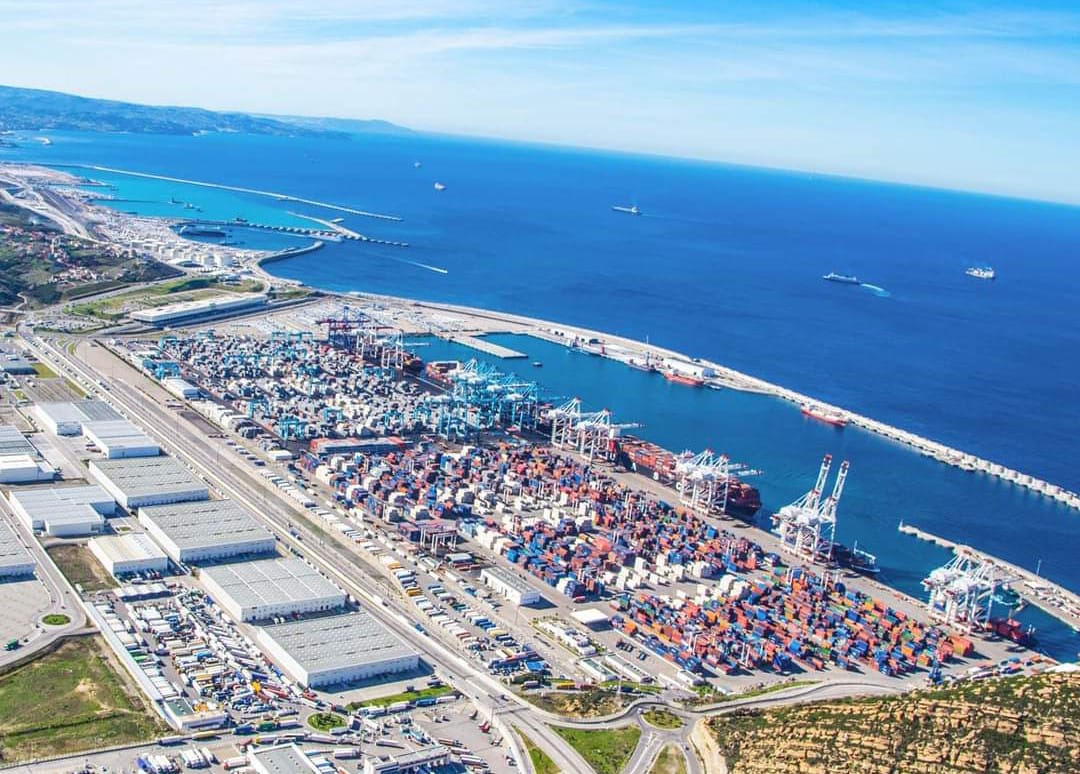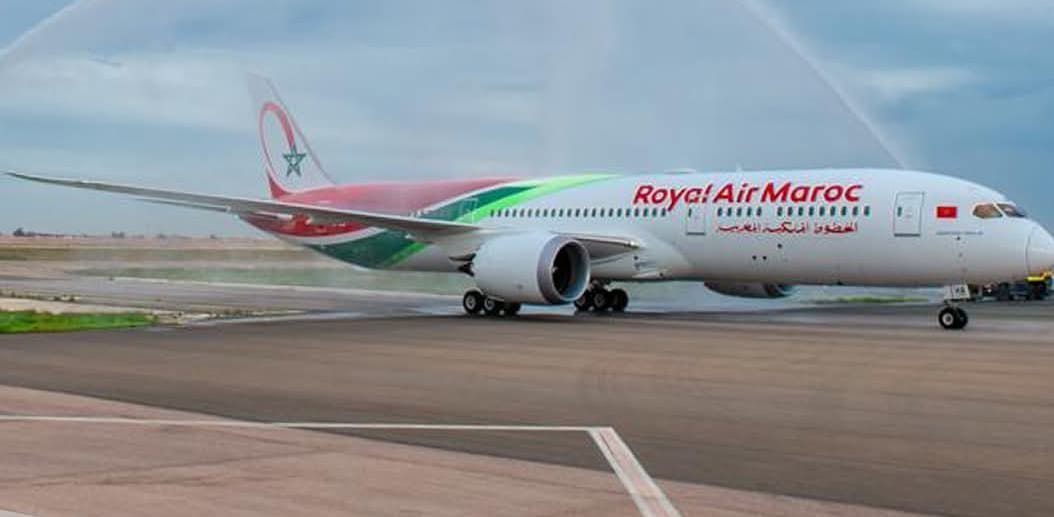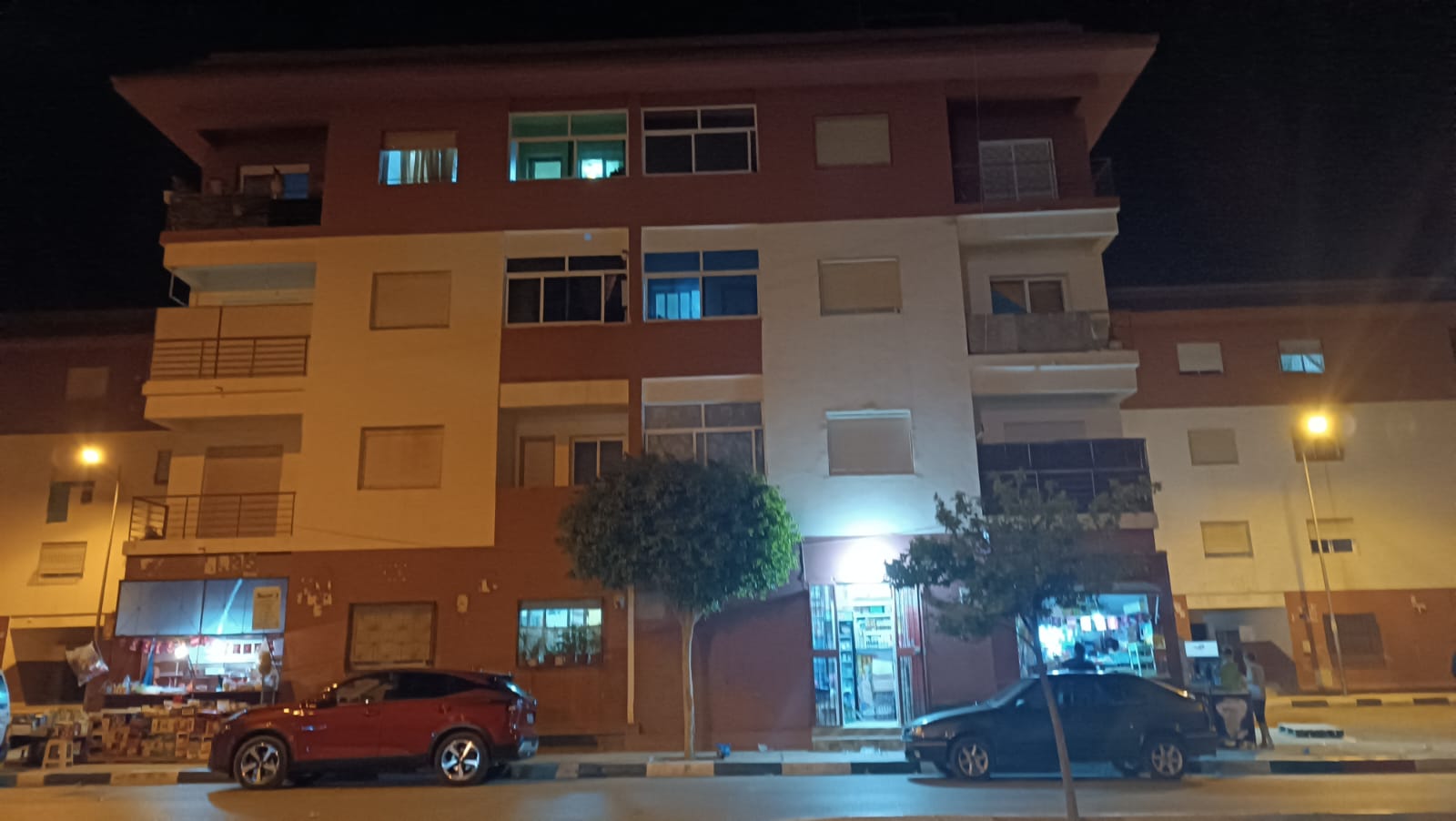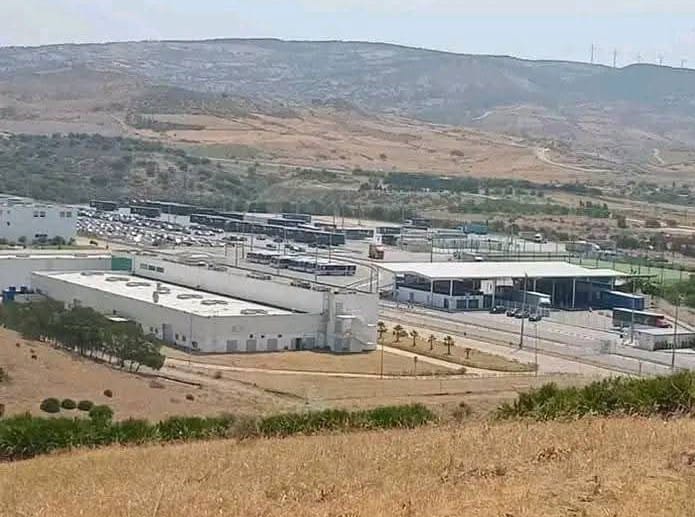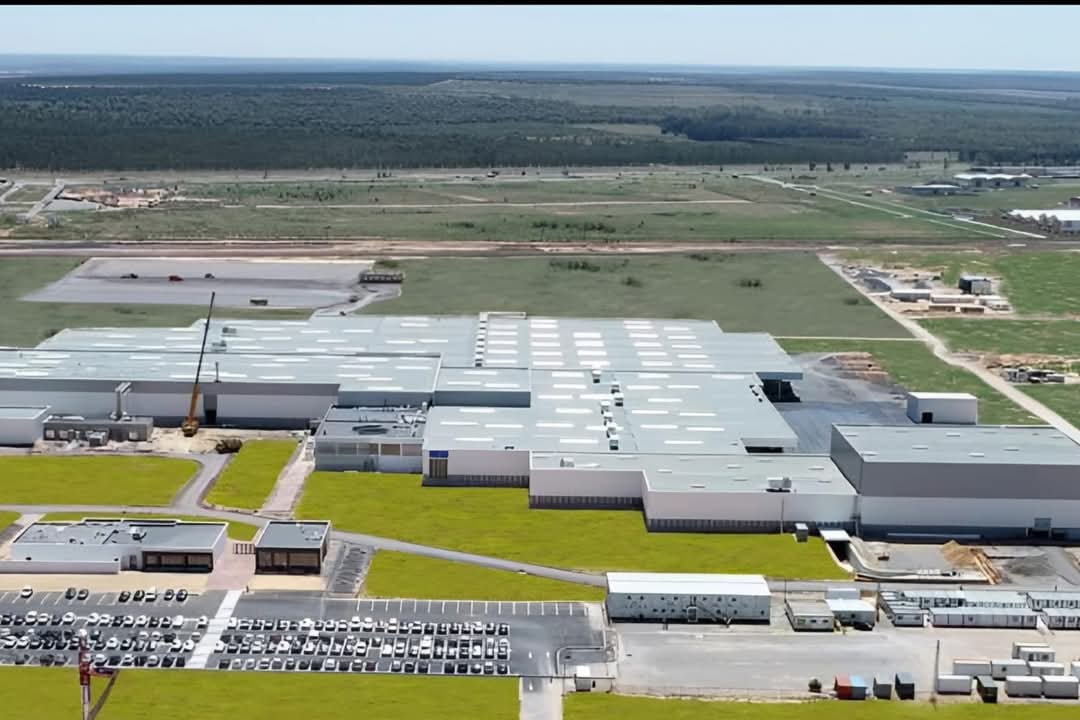Casablanca – The European Investment Bank (EIB) and Morocco’s National Railway Office (ONCF) have formalized a new technical support partnership aimed at enhancing the resilience of Morocco’s railway infrastructure in the face of climate change. The agreement marks a significant advancement in the longstanding cooperation between the two institutions, focused on building sustainable transport infrastructure that can withstand the growing threats posed by extreme weather conditions.
This partnership will support ONCF in developing a comprehensive climate adaptation strategy for its railway network, including proactive measures to anticipate and mitigate climate risks. The strategy will involve the identification of key risks such as extreme temperatures, heavy rainfall, strong winds, and soil erosion, which pose increasing challenges to the railway system. Tailored solutions will be developed to protect the most vulnerable areas and infrastructure, minimizing damage and disruptions.
A critical outcome of this collaboration will be the development of a long-term plan aimed at reducing future costs linked to climate-related damage and operational delays, while ensuring the sustainability of the railway network. This will be achieved through climate risk assessment methodologies that classify infrastructure by vulnerability and recommend measures to strengthen its resilience.
Over a 24-month period, the project will deliver detailed risk maps, vulnerability analyses, and technical recommendations. The initiative forms part of the EIB’s broader commitment to supporting climate resilience in transport infrastructure globally, in line with Morocco’s national strategy to reduce carbon emissions by 2050. As the EU’s climate-focused bank, the EIB aims to help Morocco achieve its climate goals by fostering low-carbon transport solutions.
EIB Vice President Ioannis Tsakiris underscored the importance of the railway sector in Morocco’s climate strategy, noting that rail transport produces up to 80% fewer CO2 emissions compared to road transport. “This partnership reflects the EIB’s strong commitment to supporting Morocco in its energy transition and in adapting its infrastructure to the realities of climate change,” said Tsakiris. He expressed hope that the technical support will help make Morocco’s railway network safer and more sustainable for the future.
ONCF Director General Mohamed Rabie Khlie emphasized the significance of the agreement as part of ONCF’s ongoing strategy to enhance the performance and resilience of its infrastructure. “This partnership will solidify the role of the railway as a cornerstone of sustainable mobility in Morocco,” Khlie stated.
The EIB has been a key partner to Morocco for over four decades, contributing to vital projects across various sectors including infrastructure, energy, water, and agriculture. This new collaboration reflects a shared commitment to addressing climate challenges while promoting economic growth and sustainable development in Morocco.







